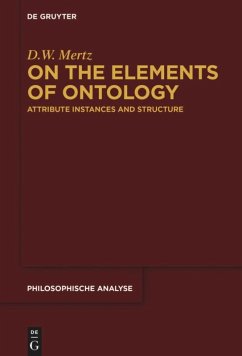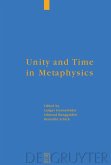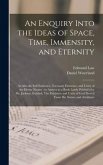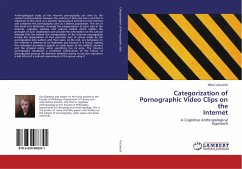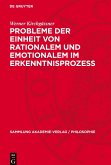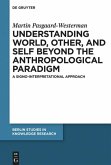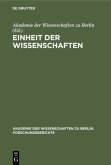Central to Elements is an assay of the attributional union properties and relations have with their subjects, a topic historically left metaphorical. The work critiques eight Aristotelian assumptions concerning attribute dependence and 'inherence', per se subjects ('substances'), attributes as agent-organizers, and unity-by-a-shared-one. Groups of these assumptions are seen to yield contradiction, vicious regress, or other problems. This analysis, joined with insights from an assay of ubiquitous structure, motivate ten theses explicating attribution and its primary ontic status. The theses detail: attributes proper as individuated instances, structure as instance-generated facts and their two forms of composition, the conditioning role and universal nature of instances' component intensions, the primacy of attribute instances for generating all forms of composition and complex entities, and identity and indiscernibility criteria for the latter. Principal is the insight that attribution is intension-determined combinatorial agency. It is its systematizing implications that provide solutions to classic problems, e.g., Composition, Individuation, and Universals, and in net generate a comprehensive one-category structuralist ontology.
Bitte wählen Sie Ihr Anliegen aus.
Rechnungen
Retourenschein anfordern
Bestellstatus
Storno

